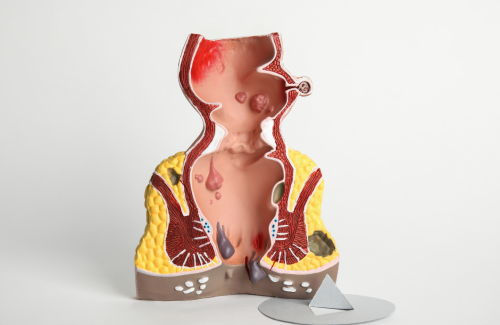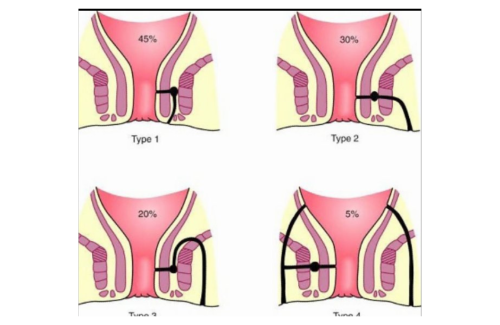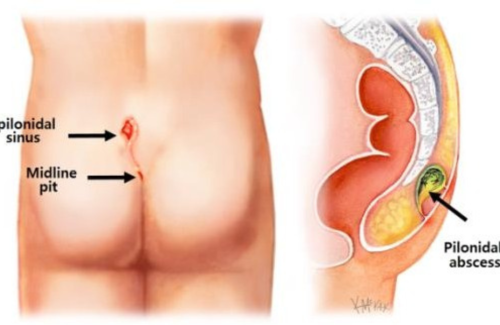- info@hindivine.com
- D1/97 Lajpat Nagar 1, New Delhi -110024
Piles Treatment
Piles relief through advanced treatments and personalized care options available.
Fistula In ano
Fistula management: comprehensive solutions and tailored treatment for comfort.
Pilonidal Sinus
Pilonidal sinus care: innovative approaches for effective treatment and relief.
Previous
Next
Why Choose Us ?
Precision in Practice: Elevating Care Standards Through Advanced Laser Surgery.
Piles Treatment
0
+
Laser surgery
0
+
Others Surgery
0
+
Years of experience Doctor
0
+
Risk of Delay Treatment
- Blood clots may form, leading to restricted blood flow
- Severe infection, Abscess & Fistula
- Rectal bleeding may occur, resulting in anemia.
- Some individuals may experience occasional stool leakage.
Book Consultation
Most Advanced Laser Piles Treatment
- No cuts & No Stitches
- Minimal chances of infection
- No blood Loss
- Quick recovery
Check Your Coverage
Easy EMI & Medical Finance Facility
- Pay Later for your Treatment
- Quick Approvals
- 0% EMI Option Available
- All Paperwork Assistance By HINDIVINE HEALTHCARE Team
Calculate Monthly EMI

Piles Treatment
Piles laser treatment offers a minimally invasive solution, using focused laser energy to shrink hemorrhoidal tissue. With reduced pain, bleeding, and quicker recovery compared to traditional surgery, it provides relief from discomfort, effectively addressing hemorrhoids and improving overall well-being for a more comfortable lifestyle.

Fistula In ano
Treating Fistula In Ano involves specialized care to heal the abnormal passage between the anal canal and skin. Through tailored treatments and surgical interventions, it aims to alleviate pain, discomfort, and infections, promoting healing and restoring anal health for improved quality of life.

Pilonidal Sinus
Pilonidal sinus treatment focuses on addressing the cyst or abscess near the tailbone. Surgical interventions and proper wound care aim to resolve infections, prevent recurrences, and promote healing, ensuring relief from pain and discomfort for enhanced comfort and well-being.
How it Works ?
01.
Preparation:
Before the procedure, patients receive anesthesia or local numbing agents. The area is cleaned and prepared for the surgery.
02.
Laser Application:
The surgeon directs the laser beam at the targeted tissue. The energy emitted can cut, vaporize, or seal tissue, depending on the specific procedure.
03.
Tissue Treatment:
The laser energy precisely acts on the affected area. It can remove unwanted tissue, seal blood vessels to minimize bleeding, or reshape tissue as needed.
04.
Post-Procedure Care:
After surgery, patients are monitored for any immediate complications. They receive guidance on post-operative care to facilitate healing, including managing any discomfort and following specific instructions for recovery.
Laser Anorectal Surgery
Laser Piles or Hemorrhoids Surgery
FAQ
Frequently Ask Questions
Explore common questions about our services, procedures, and clinic policies. If you have additional inquiries, feel free to contact us for personalized assistance. Your well-being is our priority.
Laser surgery involves the use of focused light energy to treat various medical conditions. It offers precise, minimally invasive treatment options compared to traditional surgery.
During laser surgery, a highly focused beam of light energy is directed at the targeted tissue. This energy can cut, vaporize, or seal tissue, depending on the procedure, providing accurate and controlled treatment.
Laser surgery is used to treat a wide range of conditions, including but not limited to skin conditions (like skin lesions or scars), eye conditions (such as vision correction), various cancers, dental procedures, and more.
Laser surgery is generally considered safe when performed by trained and experienced healthcare professionals. As with any medical procedure, there are potential risks and complications, but they are often minimal compared to traditional surgery.
Some advantages of laser surgery include reduced bleeding, less damage to surrounding tissue, shorter recovery times, and often less pain or discomfort compared to conventional surgery.
The type of anesthesia used during laser surgery depends on the procedure and the patient’s needs. It may involve local anesthesia, sedation, or general anesthesia, which is determined by the surgeon and anesthesiologist.

